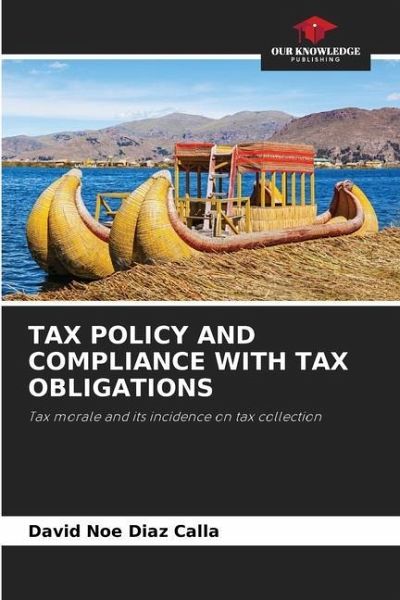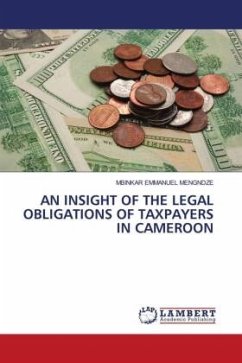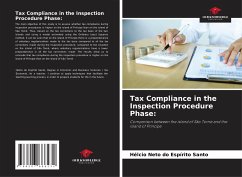
TAX POLICY AND COMPLIANCE WITH TAX OBLIGATIONS
Tax morale and its incidence on tax collection
Versandkostenfrei!
Versandfertig in 6-10 Tagen
45,99 €
inkl. MwSt.

PAYBACK Punkte
23 °P sammeln!
Tax morale, understood as the ethics of compliance, is the autonomous cause that motivates positive tax behavior, and is most clearly observed when those who engage in it do so in a context where there is no perception of risk, no government acceptance, and no fiscal compliance with the environment. This causal factor in LAC, unlike in developed countries, unfortunately has a low impact. Therefore, defining the central cause of compliance in this region as "tax morale", as TORGLER (2007) does, seems to be far from reality. After the onset of the Great Depression in 1929, the world became the p...
Tax morale, understood as the ethics of compliance, is the autonomous cause that motivates positive tax behavior, and is most clearly observed when those who engage in it do so in a context where there is no perception of risk, no government acceptance, and no fiscal compliance with the environment. This causal factor in LAC, unlike in developed countries, unfortunately has a low impact. Therefore, defining the central cause of compliance in this region as "tax morale", as TORGLER (2007) does, seems to be far from reality. After the onset of the Great Depression in 1929, the world became the pessimists' world. In 1941, at the Lowell Lectures, Joseph Schumpeter summarized the state of the debate: "The explanation from all sources and accepted by leading economists is that this depression and the unsatisfactory recovery were not the result of the unfavorable circumstances of the particular case but have a deeper meaning.












